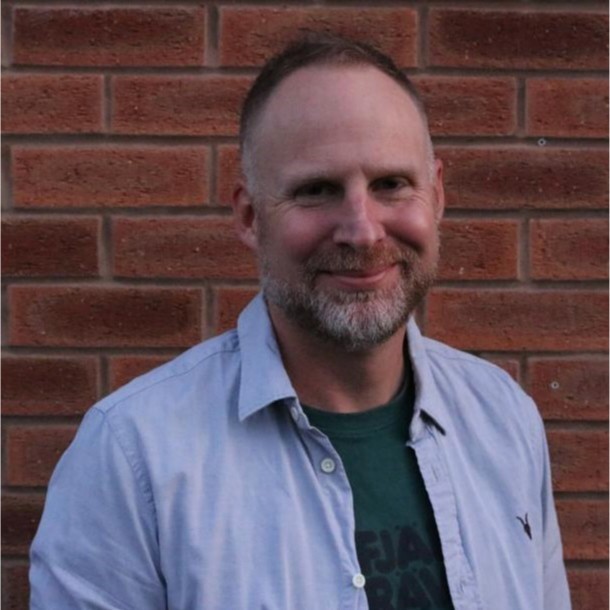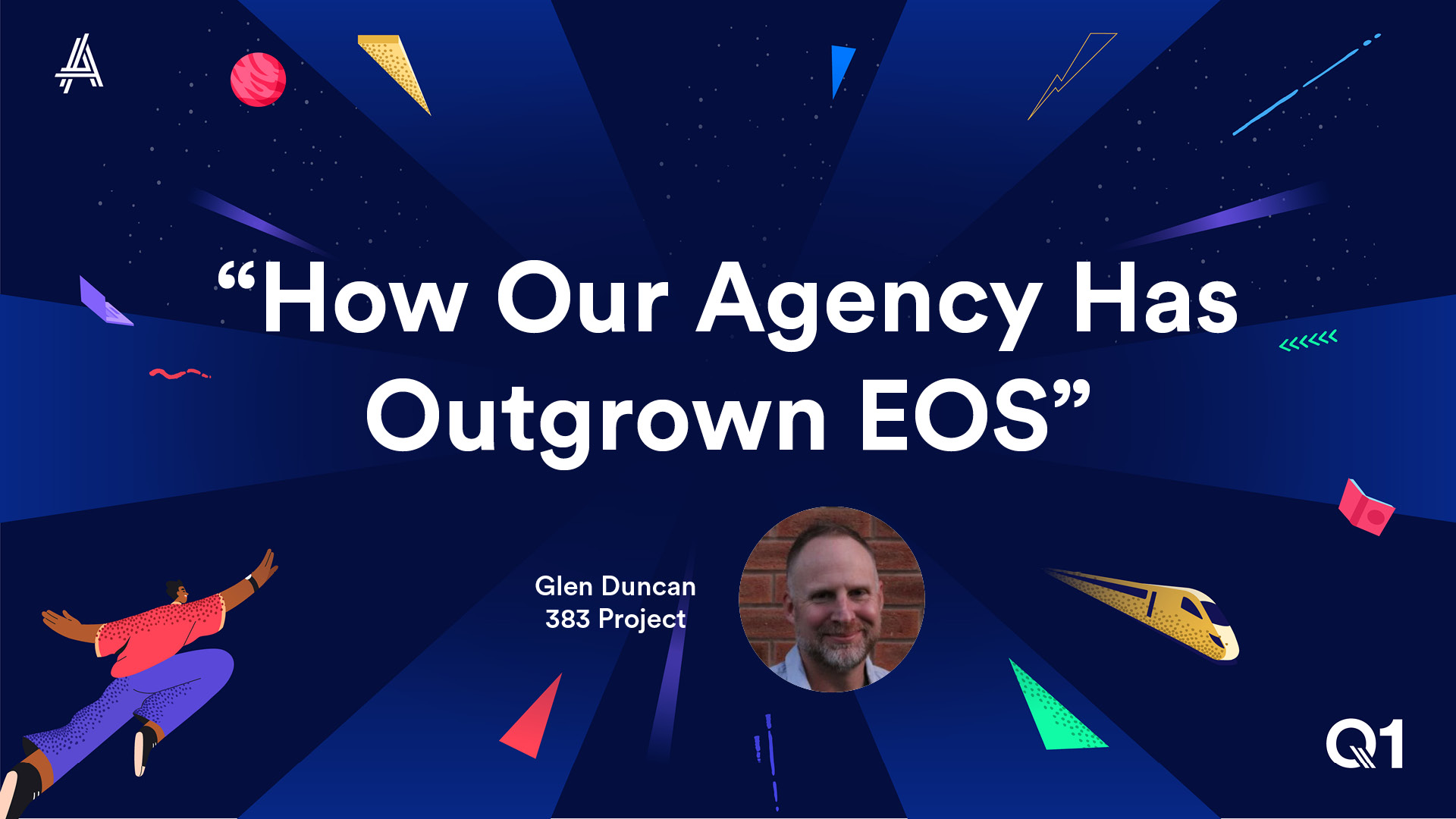• “At some point, you need something more strategic to help you govern your decision making,” says Glen Duncan, operations director at 383 Project.
• EOS is a great framework for agency leaders to follow as you grow – but what happens when you grow past it?
• In this session, Glen will be talking us through why he believes his agency has outgrown the Entrepreneurial Operating System, and how he plans to grow the business without it.

“EOS is fantastic for getting you in order, and you could really run it well for two, three, four years. But at some point, you need something more strategic to help you govern your decision making,” says Glen Duncan, operations director at 383 Project.
Over the last few years, 383 Project has evolved into three businesses, so leadership began looking towards a group structure.
Naturally, this changed the internal dynamics of the agency, meaning the popular Entrepreneurial Operating System (EOS) just wasn’t as relevant as before.
“In the last year and a half we’ve really started to outgrow it as a format,” Glen says. “There were so many things that we could be doing, or we weren’t moving on, and we really needed something to help us with the prioritisation of what is most important.”
After trying a few different strategies, including OKRs, Glen set his sights on a ‘risk-based approach’ – where you use the level of impact to help you decide what to do first.
“It challenges you to think about, ‘How do these things that we could do impact us right now, and how could they impact us in the future?’” he says.
In this session, Glen will be talking us through why he believes his agency has outgrown the Entrepreneurial Operating System, and how he plans to grow the business without it.
